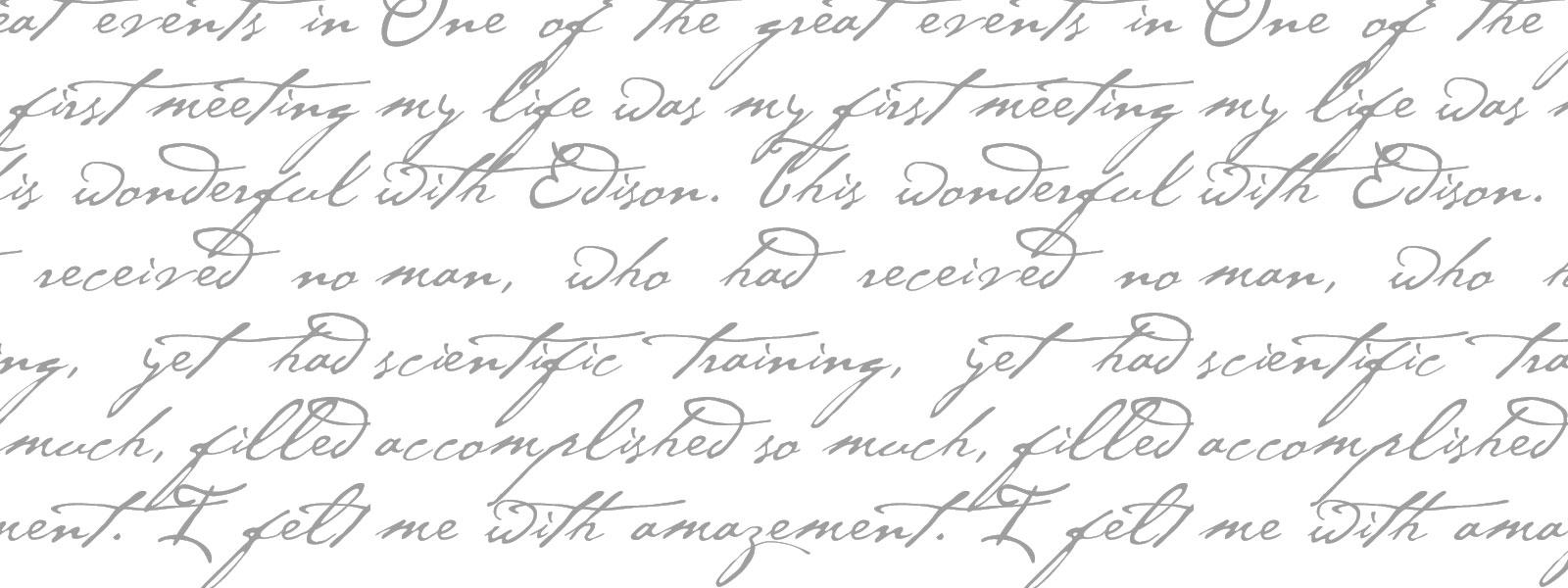
Nikola Tesla Quotes - Page 5
Suffice it to say that, were we to seize and to eliminate from our industrial world the results of Mr. Tesla's work, the wheels of industry would cease to turn, our electric cars and trains would stop, our towns would be dark, our mills would be dead and idle. Yea, so far reaching is this work, that it has become the warp and woof of industry... His name marks an epoch in the advance of electrical science. From that work has sprung a revolution in the electrical art.
May 26th, 1917
The perfect purity of the air, the unequaled beauty of the sky, the imposing sight of a high mountain range, the quiet and restfulness of the place—all around contributed to make the conditions for scientific observation ideal.
March 5th, 1904
Now, I must tell you of a strange experience which bore fruit in my later life... ...We had a cold [snap] drier than even observed before. People walking in the snow left a luminous trail. [As I stroked] Mačak's back, [it became] a sheet of light and my hand produced a shower of sparks. My father remarked, this is nothing but electricity, the same thing you see on the trees in a storm. My mother seemed alarmed. Stop playing with the cat, she said, he might start a fire. I was thinking abstractly. Is nature a cat? If so, who strokes its back? It can only be God, I concluded. I can not exaggerate the effect of this marvelous sight on my childish imagination. Day after day I asked myself what is electricity and found no answer. Eighty years have gone by since and I still ask the same question, unable to answer it.
1939Source:
I have hundreds of inventions which I could not take the patents of, on account of my misfortune.
I expect to live to be able to set a machine in the middle of this room and move it by the energy of no other agency than the medium in motion around us.
May 3rd, 1896
Like a flash of lightning and in an instant the truth was revealed. I drew with a stick on the sand the diagrams of my motor. A thousand secrets of nature which I might have stumbled upon accidentally I would have given for that one which I had wrestled from her against all odds and at the peril of my existence.
March, 1919
J.P. Morgan towered above all the Wall Street people like Samson over the Philistines.
December, 1931Source:
It is a simple feat of scientific electrical engineering — only expensive — blind, faint-hearted, doubting world.
January 7th, 1905
...the idea gradually took hold of me that the earth might be used in place of the wire, thus dispensing with artificial conductors altogether. The immensity of the globe seemed an unsurmountable obstacle but after a prolonged study of the subject I became satisfied that the undertaking was rational...
February, 1919Source:
You may live to see man-made horrors beyond your comprehension.
October, 1947Source: